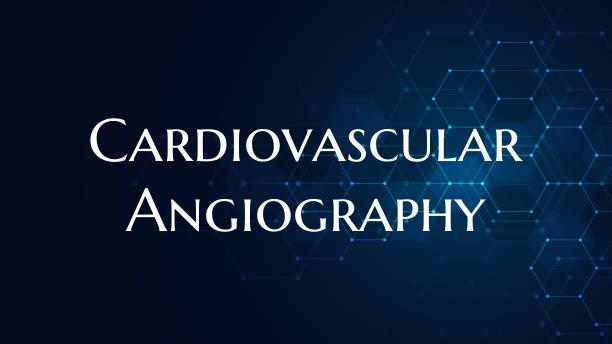
Cardiovascular Angiography
Cardiovascular angiography is a common diagnostic procedure used by medical professionals to evaluate and diagnose various heart conditions. It plays a crucial role in providing detailed insights into the structure and functioning of the heart's blood vessels, allowing doctors to identify blockages, abnormalities, and other issues affecting the cardiovascular system.
During a cardiovascular angiography procedure, a special dye is injected into the blood vessels, which helps create clear and detailed X-ray images of the heart and its surrounding blood vessels. These images enable cardiologists and other healthcare providers to visualize any potential blockages or narrowing of the arteries, as well as assess the overall health of the heart muscle.
One of the primary reasons why cardiovascular angiography is a valuable diagnostic tool is its ability to detect coronary artery disease, a common condition that can lead to heart attacks and other serious complications. By pinpointing the location and severity of blockages in the coronary arteries, doctors can determine the most appropriate course of treatment, whether it involves medication, lifestyle changes, or interventional procedures such as angioplasty or stent placement.
In addition to diagnosing coronary artery disease, cardiovascular angiography can also be used to assess the effectiveness of previous treatments, monitor the progression of heart conditions over time, and guide interventions during procedures such as cardiac catheterization and angioplasty.
While cardiovascular angiography is generally considered safe, it is important for patients to discuss any potential risks or concerns with their healthcare team prior to undergoing the procedure. By working closely with medical professionals and following their recommendations, patients can benefit from the valuable information provided by cardiovascular angiography to improve their heart health and overall well-being.
In conclusion, cardiovascular angiography is a vital tool in the diagnosis and treatment of a wide range of heart conditions. By offering detailed insights into the structure and function of the heart's blood vessels, this procedure plays a key role in guiding medical interventions and improving patient outcomes. If you have any concerns about your heart health or are experiencing symptoms of cardiovascular disease, be sure to consult with your healthcare provider to determine if cardiovascular angiography is an appropriate diagnostic option for you.